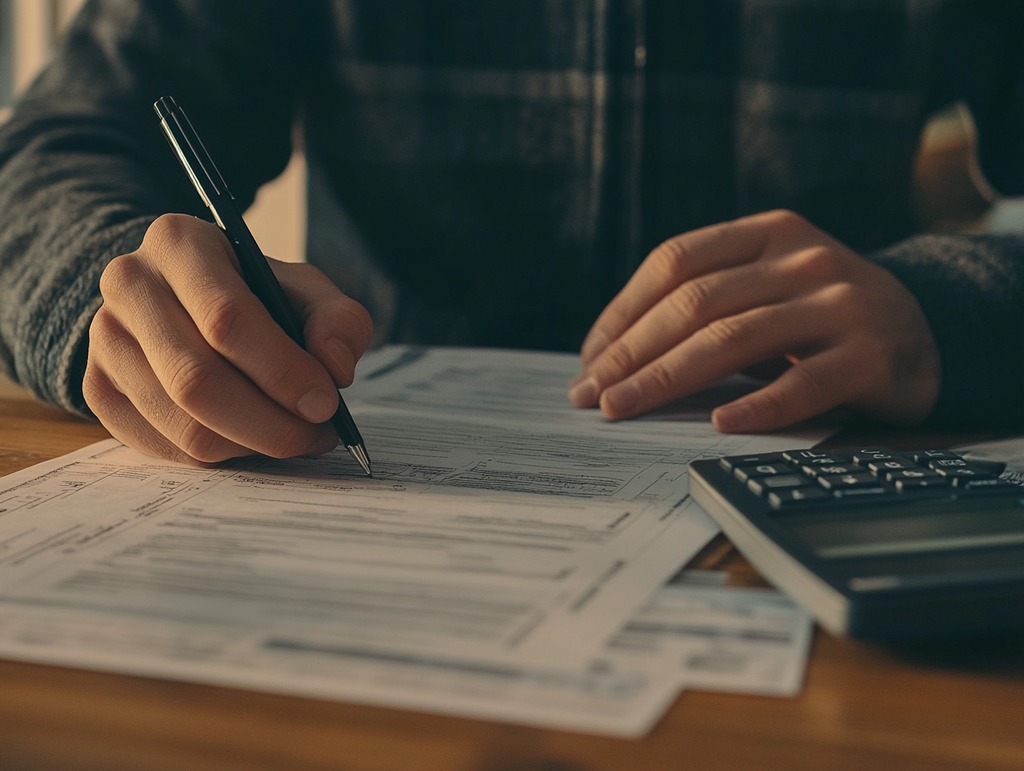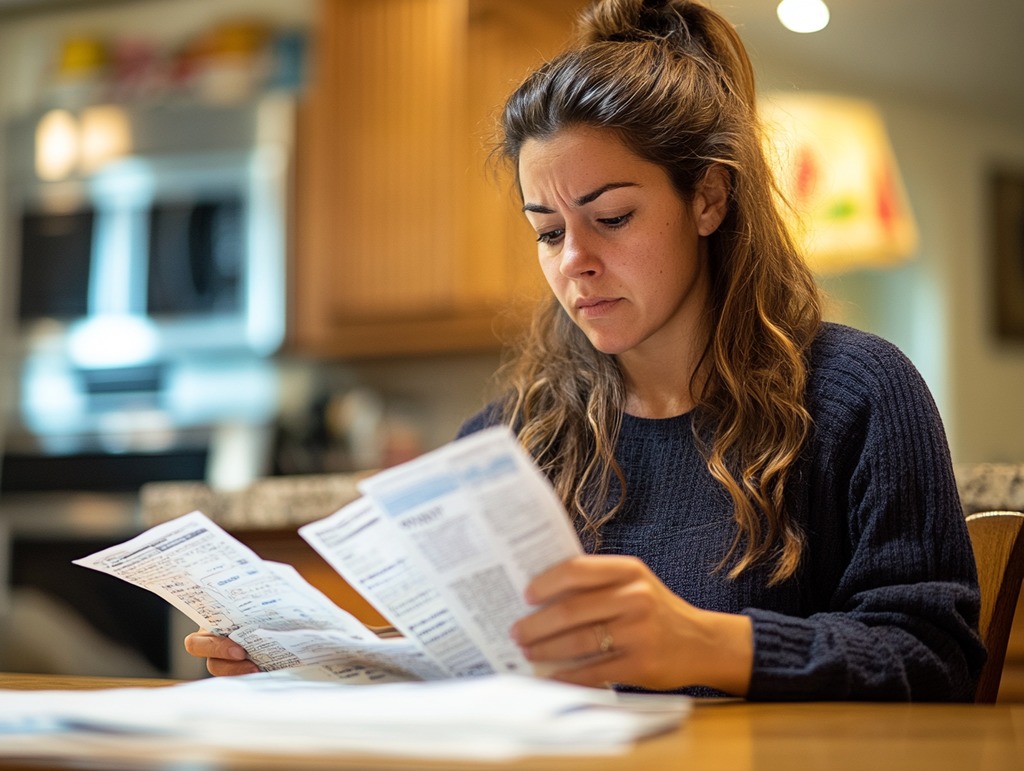Selling a home before the two-year mark is a decision that many homeowners face for various reasons—job relocations, unexpected financial changes, or simply outgrowing the property sooner than expected. However, this choice comes with financial and tax implications that can significantly impact your bottom line.
If you’re considering selling your home before owning it for two years, here’s what you need to know about capital gains taxes, potential exemptions, and other financial consequences.
1. Capital Gains Tax: The Biggest Concern
The primary financial consideration when selling a home in less than two years is the capital gains tax. When you sell a property for more than you paid for it, the profit is considered a capital gain, which is subject to taxation.
Short-Term vs. Long-Term Capital Gains
- Short-Term Capital Gains (owning for less than one year): If you sell a home before owning it for at least one year, your profit is taxed at your ordinary income tax rate—which could be significantly higher than the long-term rate.
- Long-Term Capital Gains (owning for at least one year but less than two): If you sell between one and two years, you may qualify for the lower long-term capital gains tax rate, which ranges from 0% to 20%, depending on your income.
Exemption for Primary Residences (But Not Always)
Typically, homeowners can exclude up to $250,000 in capital gains from taxation ($500,000 for married couples filing jointly) if they meet the IRS’s ownership and use test:
- You must have owned the home for at least two years within the last five years.
- You must have lived in the home as your primary residence for at least two of the last five years.
Because you’re selling before the two-year mark, you likely won’t qualify for the full exemption—meaning you could be taxed on all of your profit.
2. Partial Capital Gains Tax Exclusion (Possible Exceptions)
There are some exceptions where the IRS may allow a partial capital gains exclusion, even if you haven’t met the two-year rule. These exceptions include:
1. Job Relocation
If your job requires you to move at least 50 miles farther from your current home, you may qualify for a prorated capital gains exclusion.
For example:
- If you lived in the home for one year instead of two, you may be eligible for 50% of the exemption—meaning you could exclude up to $125,000 of gains instead of the full $250,000.
2. Health-Related Move
If you are selling due to health reasons, such as needing to move closer to medical treatment or because of a condition that makes your home unsuitable, you may qualify for a partial exemption.
3. Unforeseen Circumstances
The IRS considers certain life events as valid reasons for selling early, such as:
- Divorce or legal separation
- Death of a co-owner or spouse
- A sudden job loss that makes the home unaffordable
- Multiple births from a single pregnancy (e.g., twins or triplets)
- Other unexpected financial hardships
If you qualify under any of these, you may be partially exempt from capital gains tax, based on the portion of the two-year period you fulfilled.
3. Mortgage Prepayment Penalties
Another financial factor to consider when selling early is your mortgage terms. Some lenders impose prepayment penalties for paying off a mortgage too soon. These penalties vary, but they generally apply if you sell within the first three to five years of owning the home.
How to Check for Prepayment Penalties
- Review your mortgage agreement or contact your lender.
- Some conventional and FHA loans don’t have prepayment penalties, but some jumbo loans or adjustable-rate mortgages (ARMs) may.
If applicable, this penalty could reduce your overall profit from the home sale.
4. Selling Costs and Moving Expenses
When selling early, keep in mind the transaction costs involved. These include:
- Real Estate Agent Commissions (typically 5-6% of the home’s sale price)
- Closing Costs (around 2-5% of the sale price, including title insurance, attorney fees, and transfer taxes)
- Home Repairs and Staging Costs to make the property market-ready
- Potential Rent or Temporary Housing Costs if you haven’t found a new home
If your home hasn’t appreciated much in value since you bought it, these costs could eliminate or significantly reduce any profit.
5. Depreciation Recapture (If You Rented It Out)
If you rented out the property at any point, you might be subject to depreciation recapture.
What is Depreciation Recapture?
- When you rent out a property, you can depreciate part of its value to reduce taxable rental income.
- If you later sell the home, the IRS requires you to “recapture” that depreciation and pay taxes on it—typically at a rate of 25%.
This is an important factor for those who bought a home but had to rent it out due to a change in circumstances.
6. Impact on Future Home Purchases
Selling a home early could impact your ability to purchase a new one in several ways:
- Limited Equity Growth: If you sell too soon, you may not have built much equity, which could mean a smaller down payment on your next home.
- Higher Interest Rates: If mortgage rates have risen since you originally purchased, your next loan could be more expensive.
- Negative Credit Impacts: If you struggle to sell and fall behind on mortgage payments, this could hurt your credit score, making it harder to qualify for another mortgage.
When Selling Early Might Make Sense
Despite the financial challenges, there are situations where selling before two years could be beneficial: ✅ Your home has significantly increased in value—even after taxes, you might still make a strong profit.
✅ You need to move for a job or family emergency, making staying impractical.
✅ You are facing financial hardship and need to downsize or eliminate mortgage payments.
✅ Your home no longer fits your needs (e.g., expanding family, medical reasons, etc.).
If selling early is unavoidable, working with a real estate professional can help strategize pricing, minimize losses, and explore exemptions to reduce tax burdens.
Final Thoughts
Selling a home before owning it for two years can be financially challenging due to capital gains taxes, prepayment penalties, and transaction costs. However, exceptions exist for those facing job relocations, health issues, and other life changes.
If you’re in this situation, it’s best to:
- Consult with a tax professional to explore potential exemptions.
- Work with a knowledgeable real estate agent to maximize your sale price.
- Evaluate all costs and penalties to ensure the sale makes financial sense.
If you’re unsure whether to sell or stay, a market analysis from a real estate expert can help determine if selling early is a wise financial move.
Need guidance on selling your home in Wilmington, NC, or the surrounding areas? Contact The Cameron Team today—we’re here to help you make the best decision for your situation! 🏡💼








